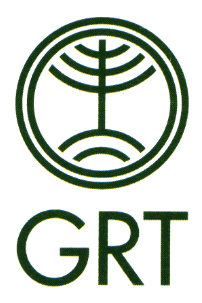Somalia – Multi-sectorial responses to improve psychosocial well-being and create more resilient communities
In south-central Somalia, Somaliland and Puntland, decades of civil conflict and socio-political instability have affected the mental wellbeing of communities and depleted the pillars of socio-cultural community support when it comes to coping with stressful situations.
As a result, instances of mental breakdown and psychological devastation among Somali communities continue to reach unprecedented levels, with the prevalence of mental illness across Somalia currently estimated to be among the highest in the world.
Traditionally, mental health has been a stigmatised condition, with the mentally ill discriminated against and socially isolated. This demonstrates a practised culture of maximum containment and hostility, with the mentally ill being chained.
Despite this worrying situation, mental health and psychosocial support continues to remain a neglected area throughout Somalia. Mental health issues are less of a priority for local authorities and investment by the humanitarian community remains incredibly low.
This in turn, leaves existing local organisations poorly able to effectively deliver any meaningful solutions. This creates a situation where the burdens of people with mental disabilities are left to their immediate family and to traditional or faith-based mental health healers.
In this context, GRT has implemented several projects aimed at helping mentally ill people and their families, as well as providing them with better mental health centres and institutions.
Our integrated psychosocial approach aims at providing a holistic ‘umbrella of support’ to the individual, family and community.

More extensively in all of our interventions, wheter primarly focusing on health, education, or protection, we provide integrated and tangible psychosocial support.
This is understood as a process of facilitating resilience within individuals, families and communities.
Psychosocial support can help people to deal with the impact of a crisis and can enable them to deal with similar events in the future.
By respecting the independence, dignity and coping mechanisms of individuals and communities, psychosocial support promotes the re-building of social support and networks.
